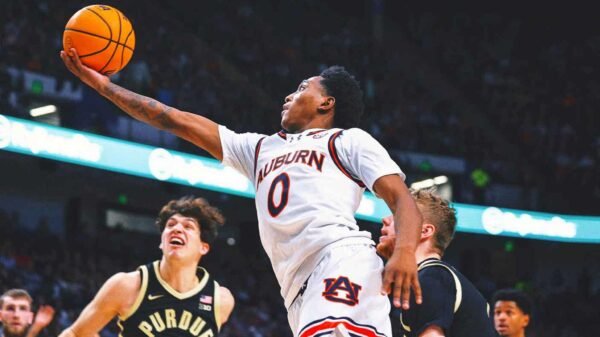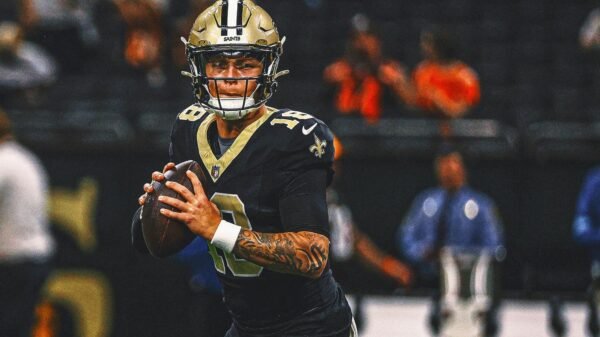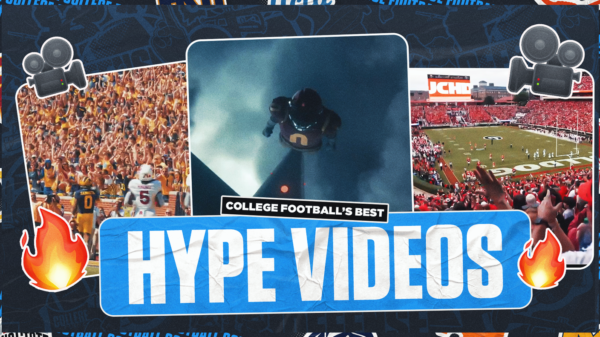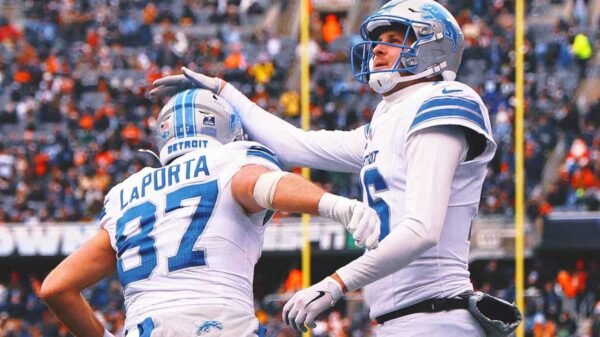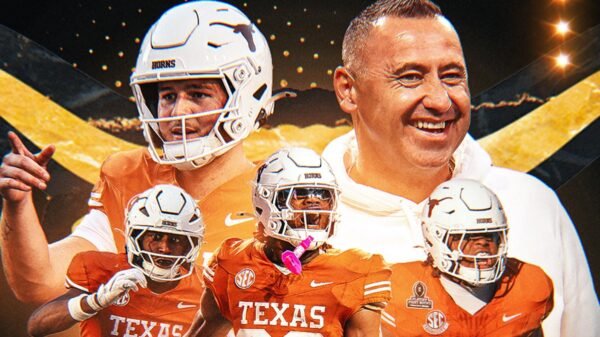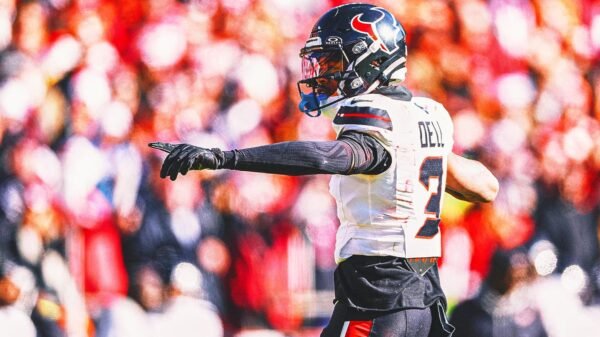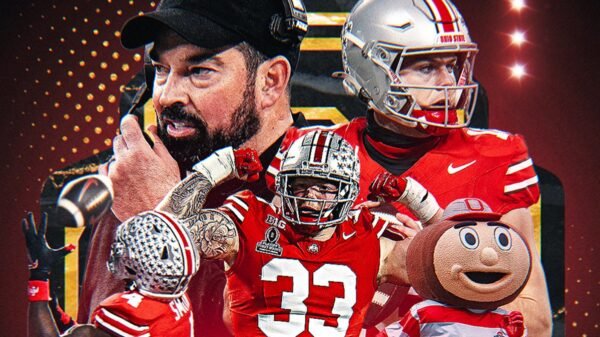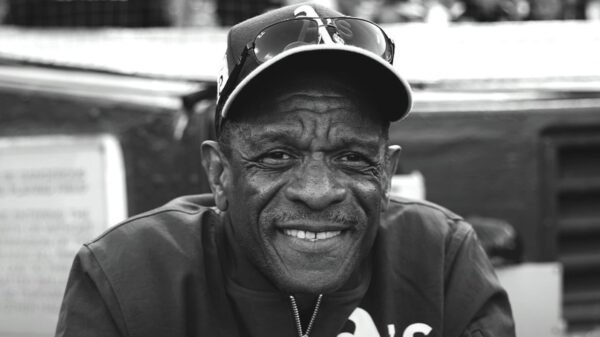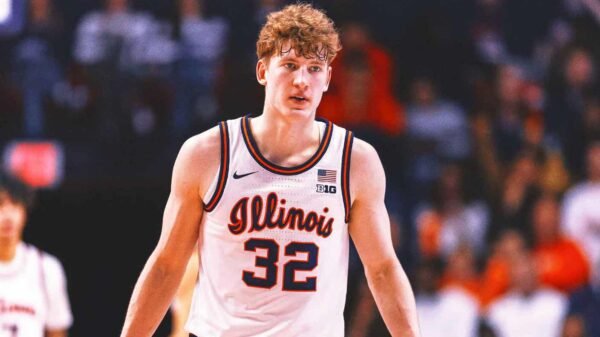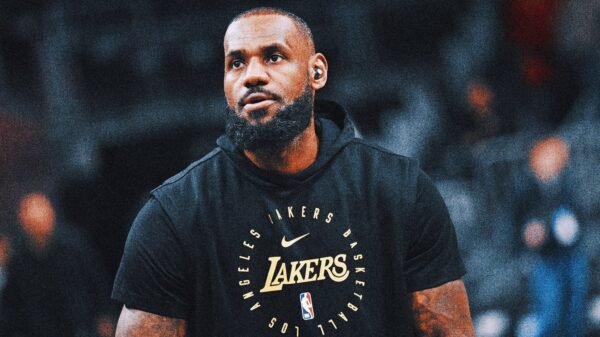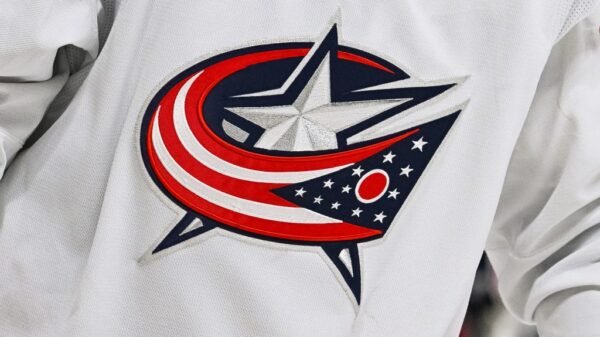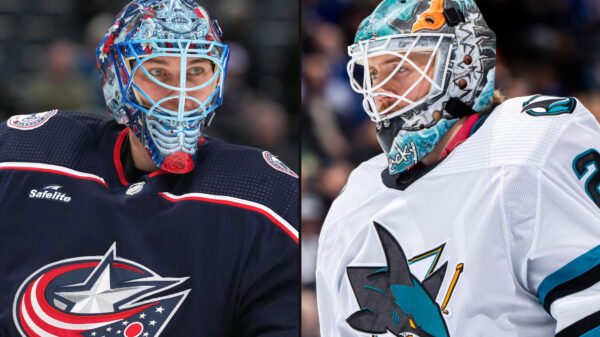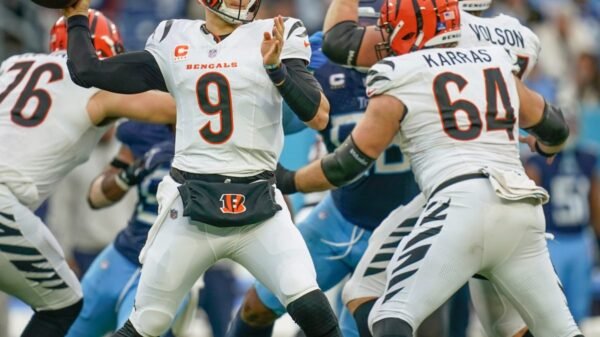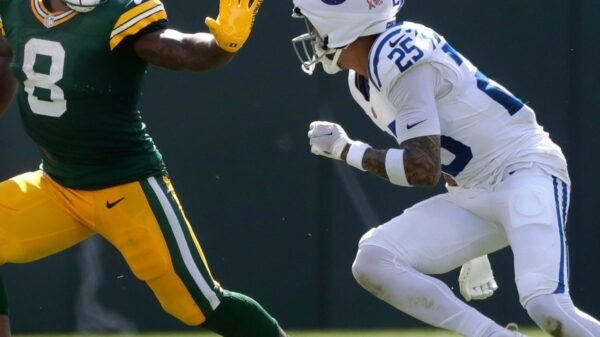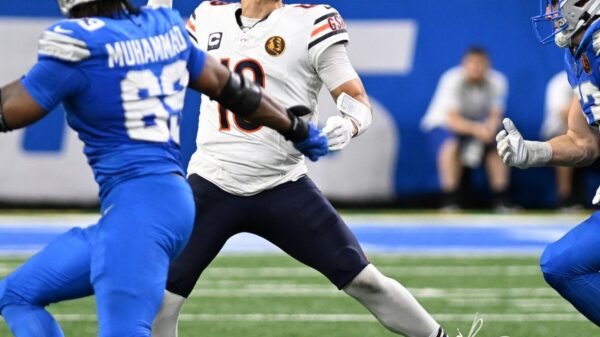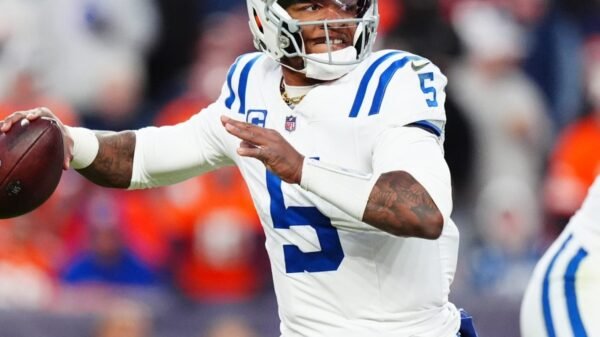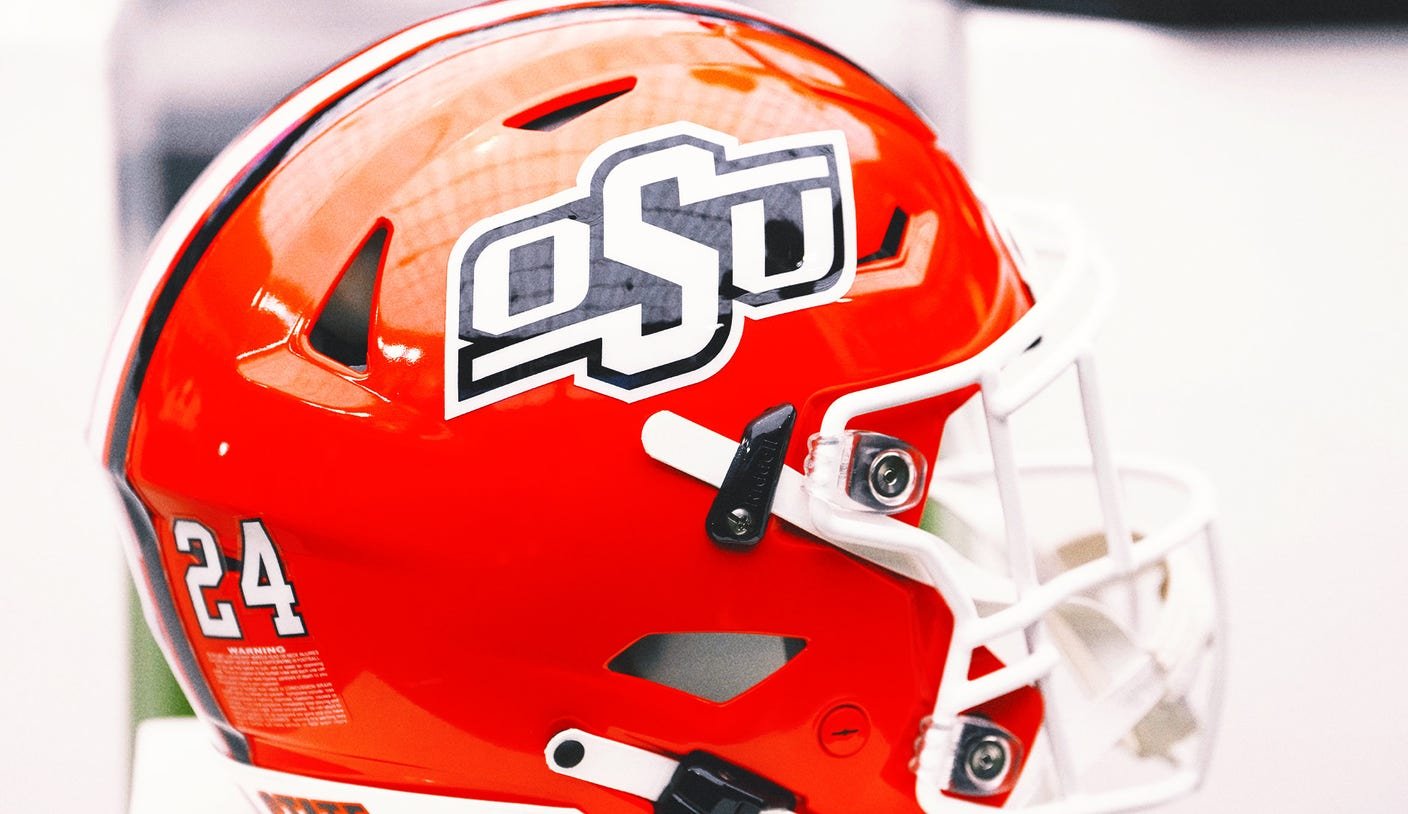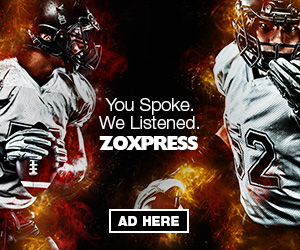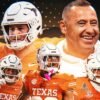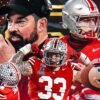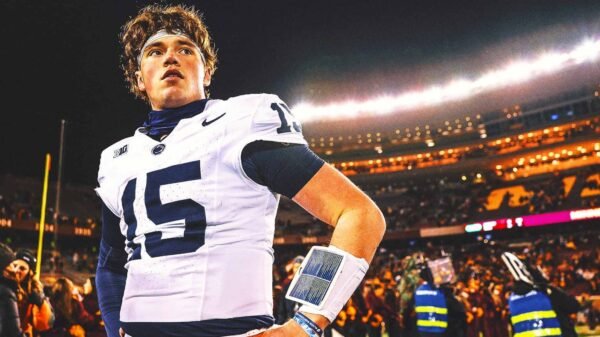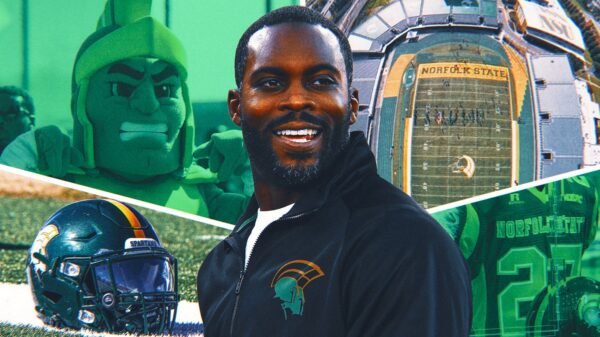The NCAA has prohibited Oklahoma State from placing QR codes on its players’ helmets. This decision would have enabled fans to easily connect with a team fund and contribute to the program’s name, image, and likeness (NIL) financial pool, as announced by the university prior to their game against South Dakota State.
According to a university news release, “Oklahoma State interprets the QR code stickers as institutional decals permitted under NCAA bylaws.” However, the NCAA views these stickers as advertising or commercial marks, which are not allowed.
The QR codes, measuring 1.5 inches, were designed to display each player’s name and number. While they were not intended to be visible from the stands, they were expected to be captured in close-up shots during broadcasts and in postgame photos shared on social media platforms.
Chad Weiberg, the athletic director at Oklahoma State, expressed disagreement with the NCAA’s interpretation of the rules. He stated, “We will abide by it and work with the appropriate groups to lead on the needed change. Our innovative concept aimed to enhance the NIL value for our student-athletes, but this situation highlights how college sports are evolving faster than the governing rules can keep up.”
Coach Mike Gundy described the QR codes as “a revolutionary step forward to help keep Oklahoma State football ahead of the game,” reflecting the program’s commitment to innovation in the rapidly changing landscape of college athletics.

